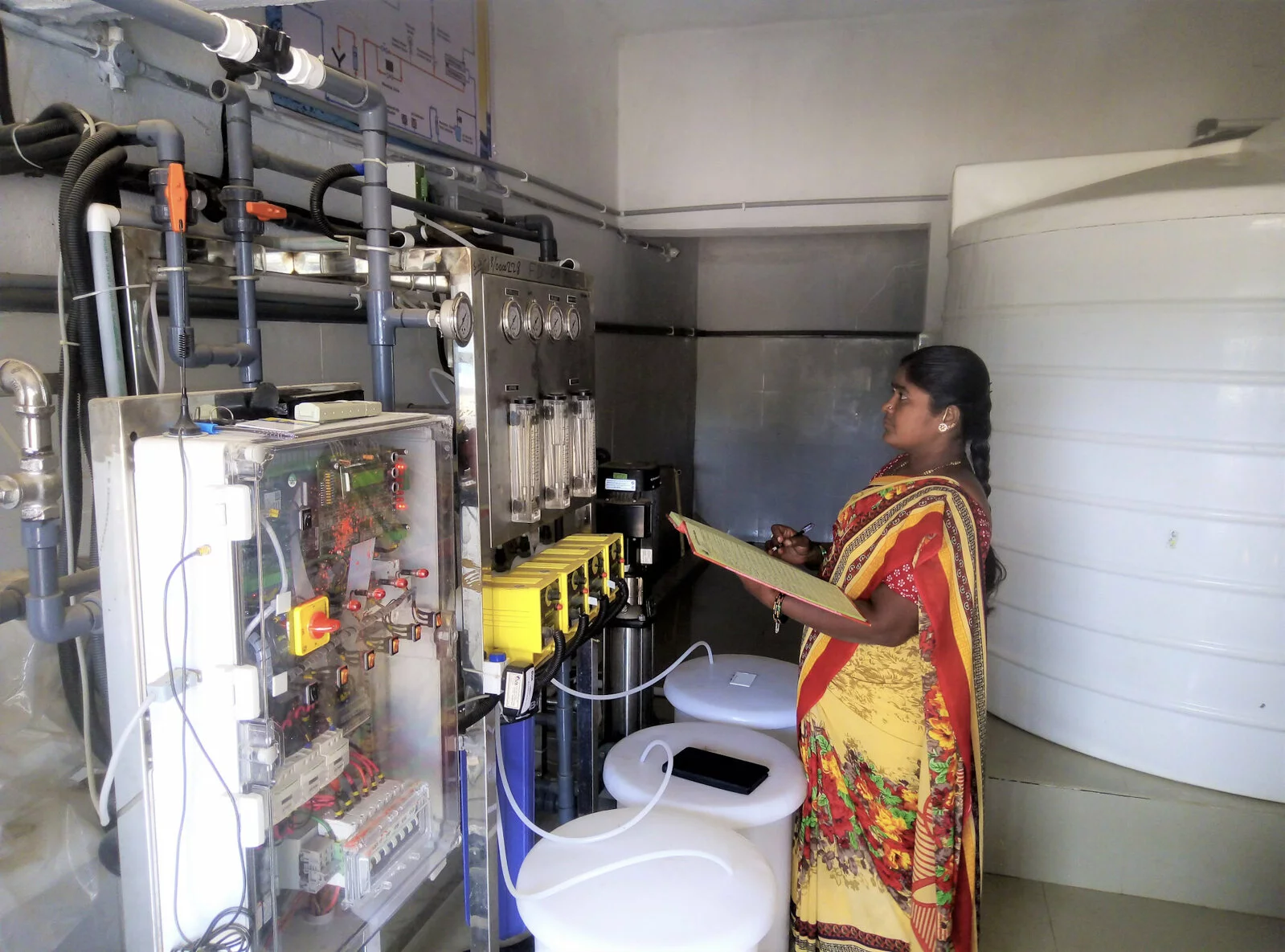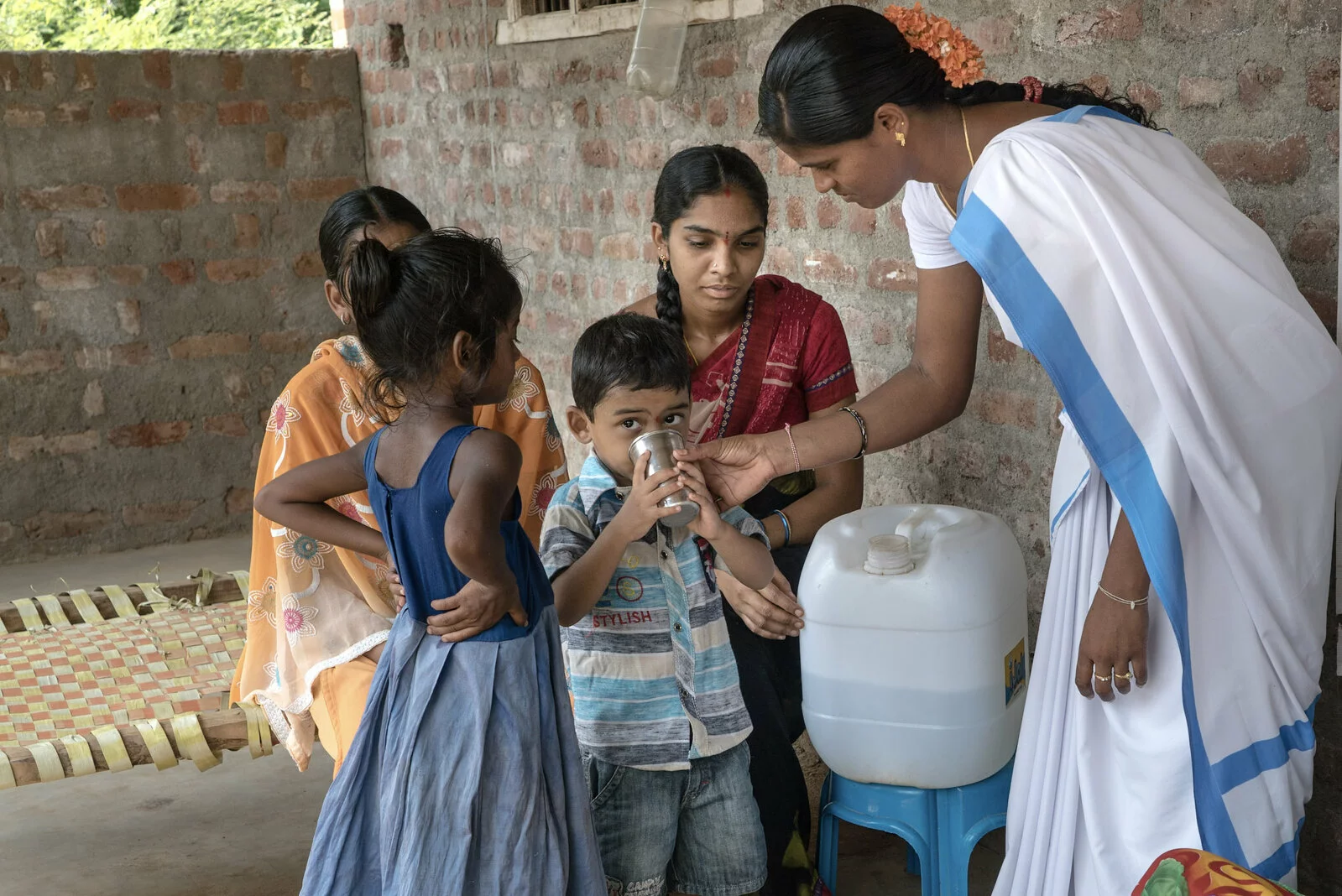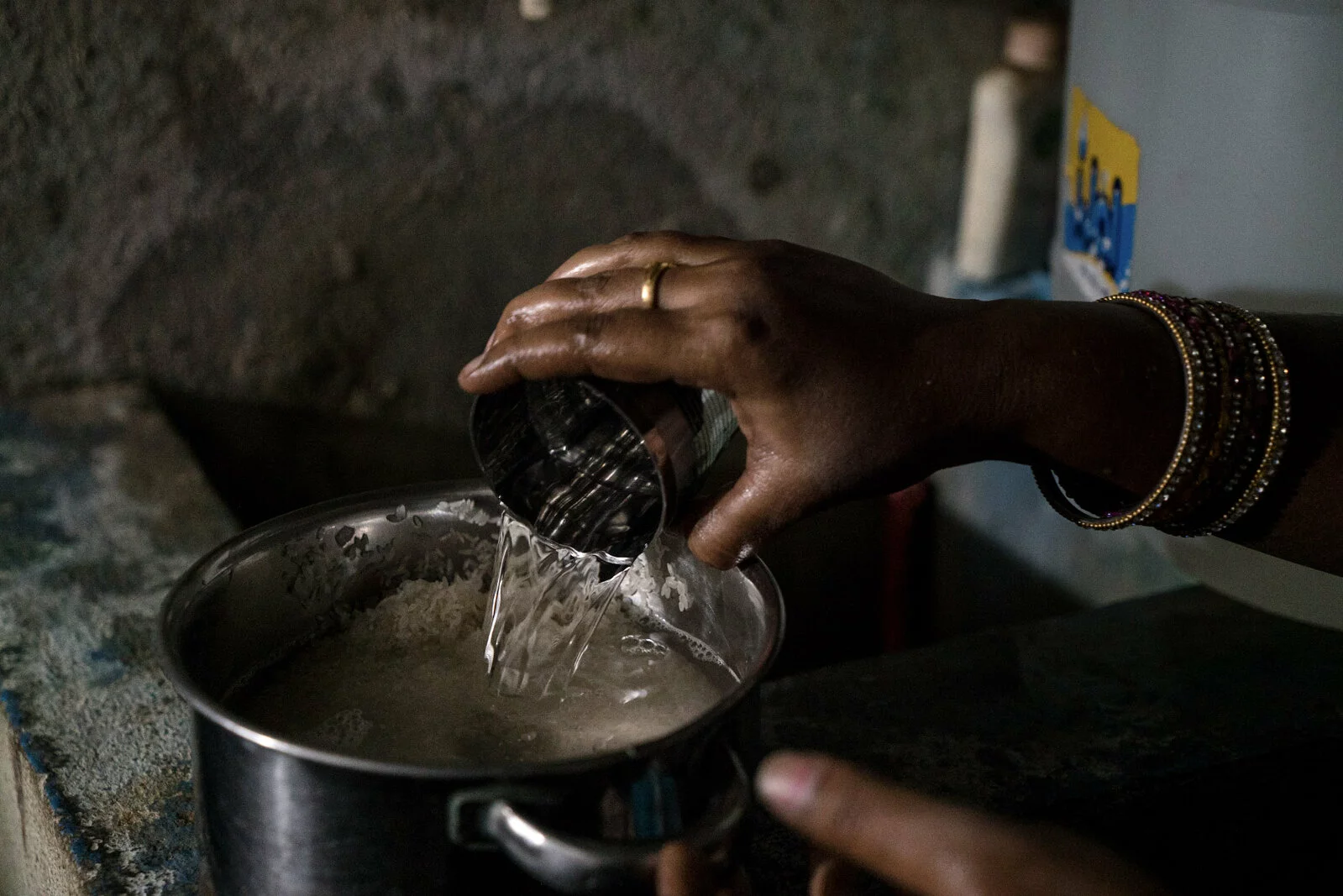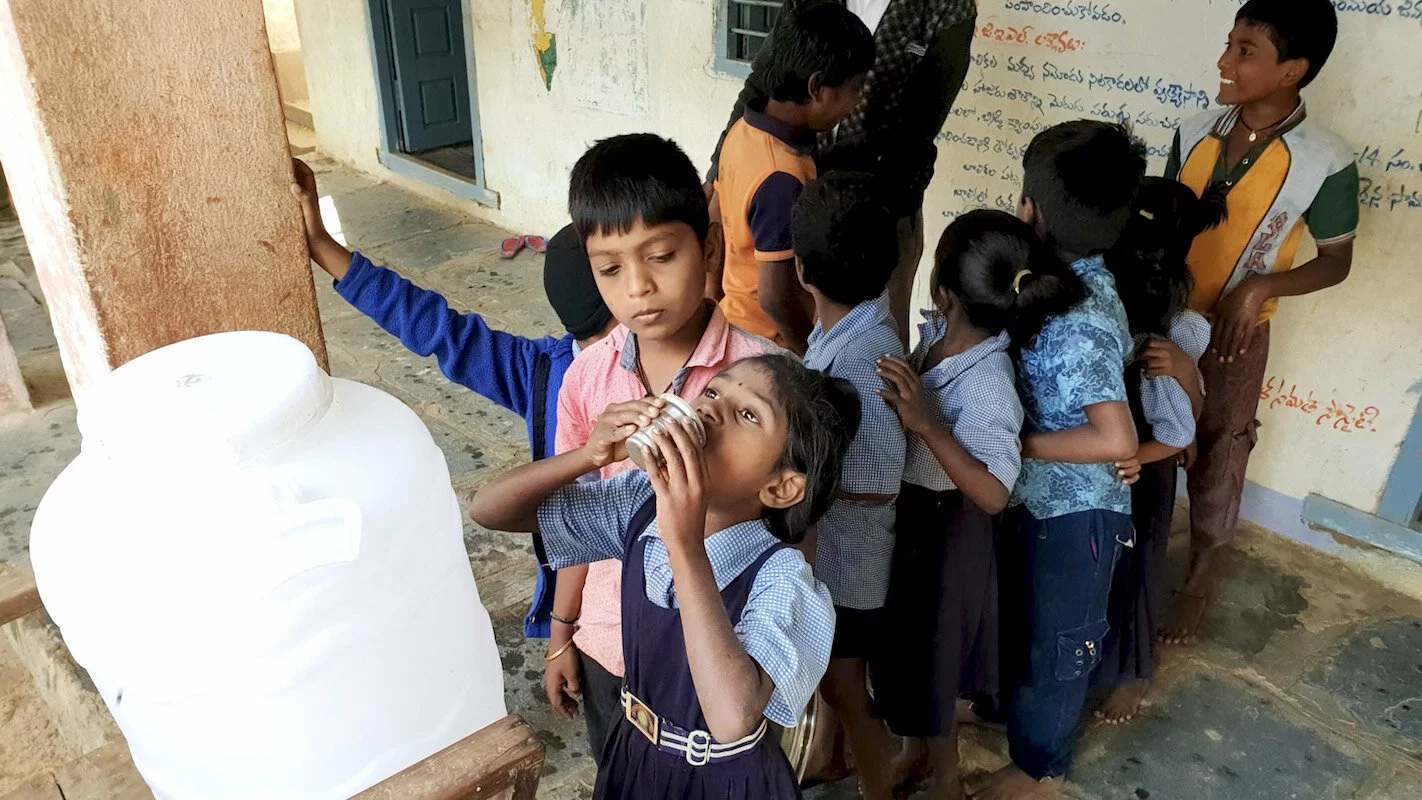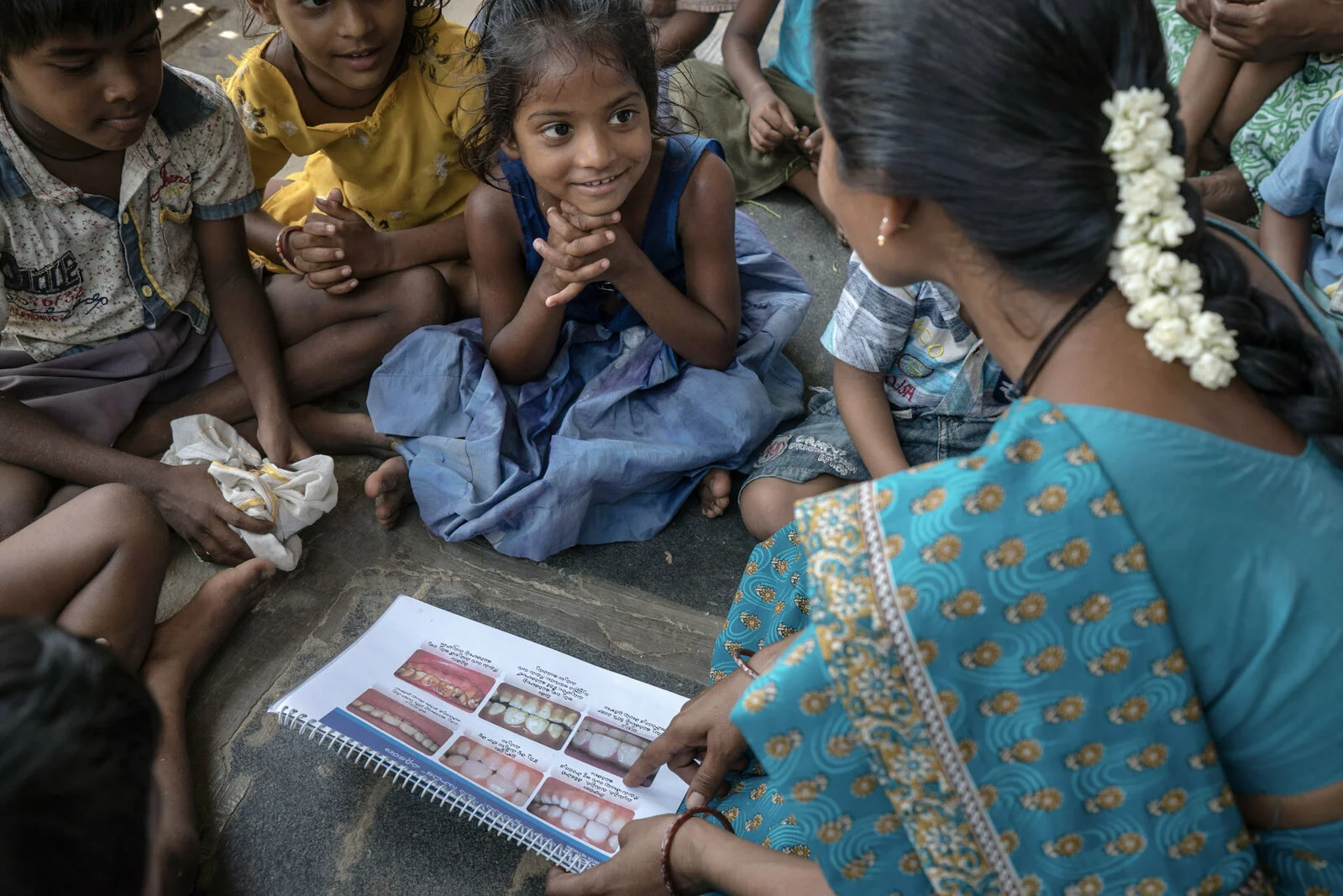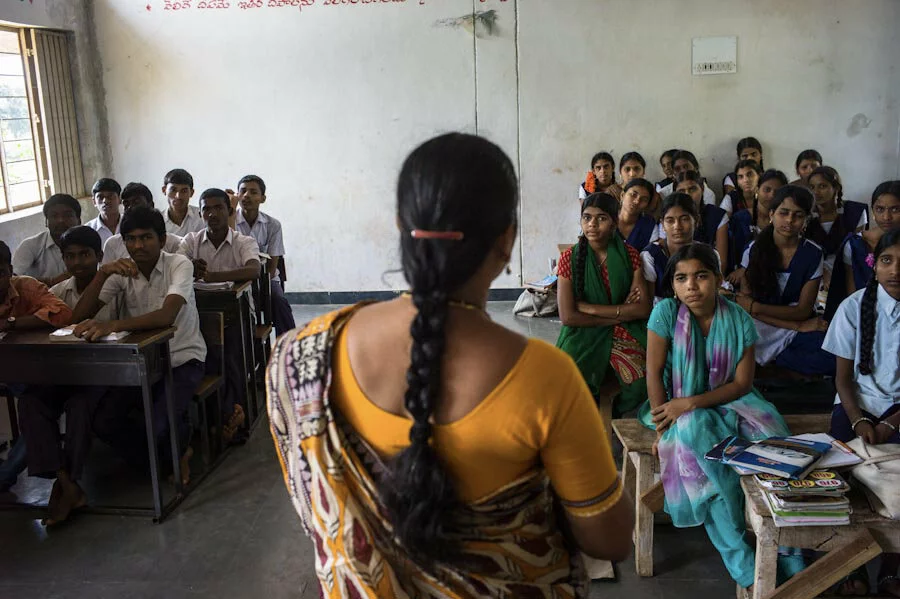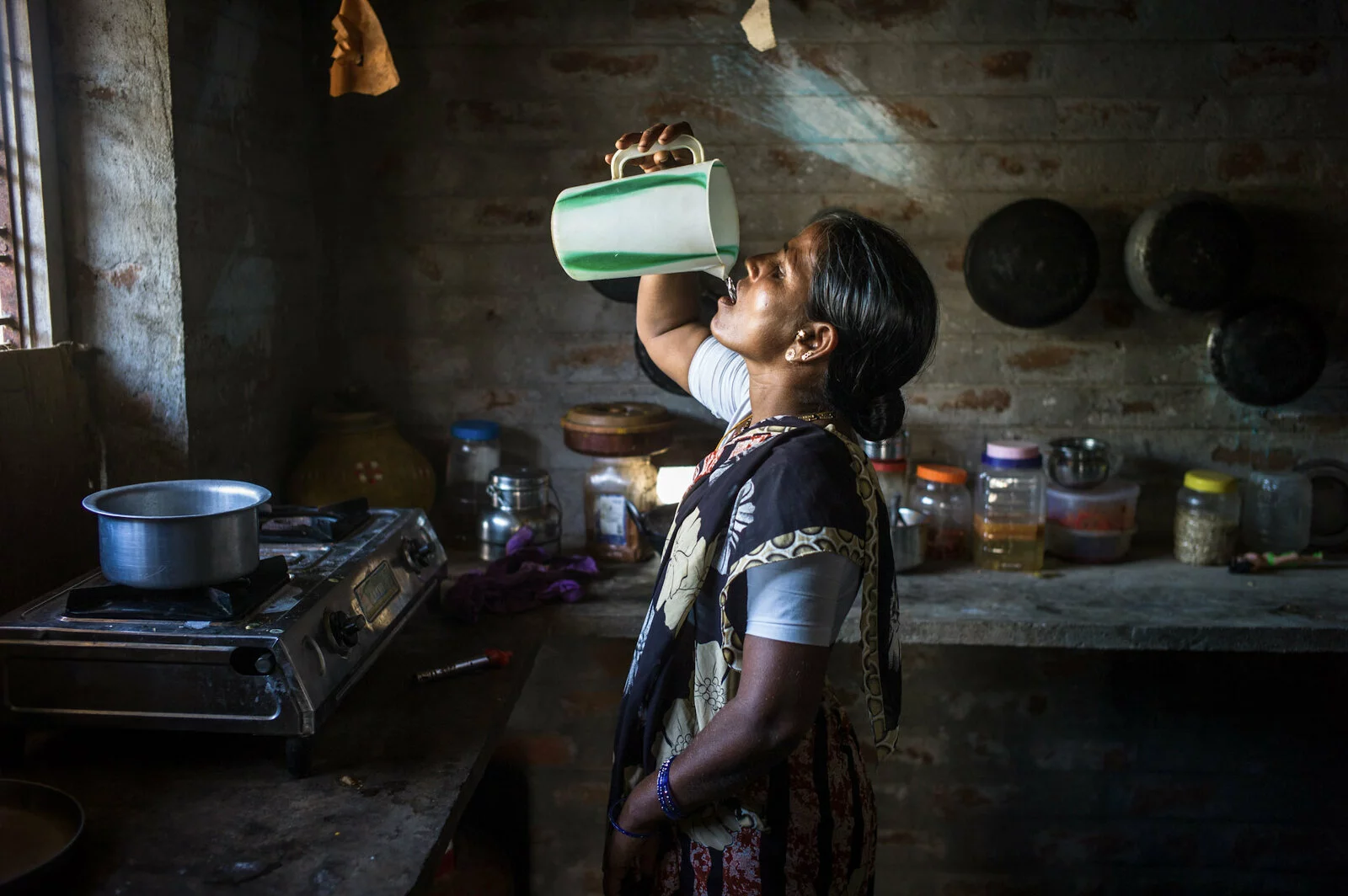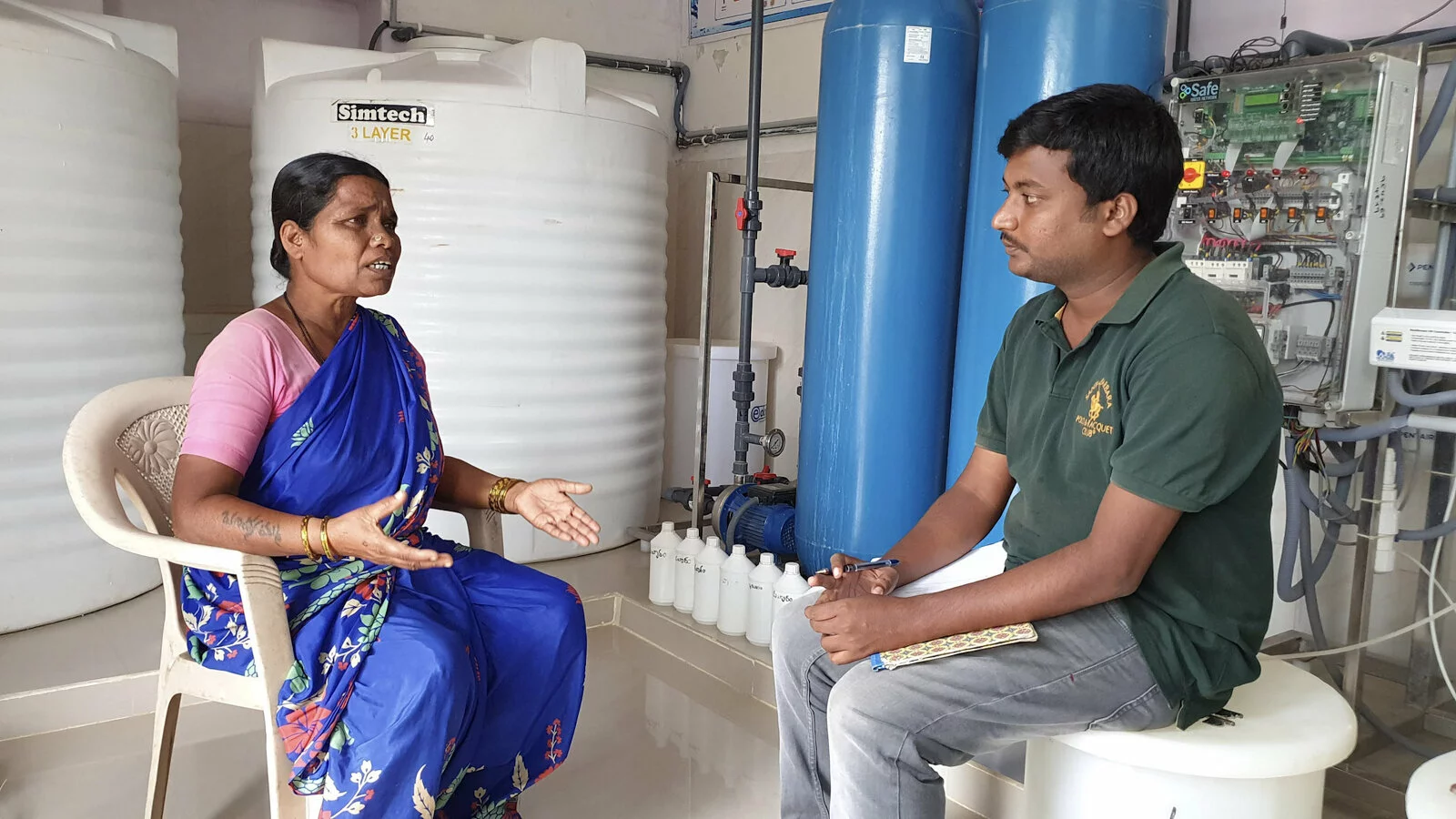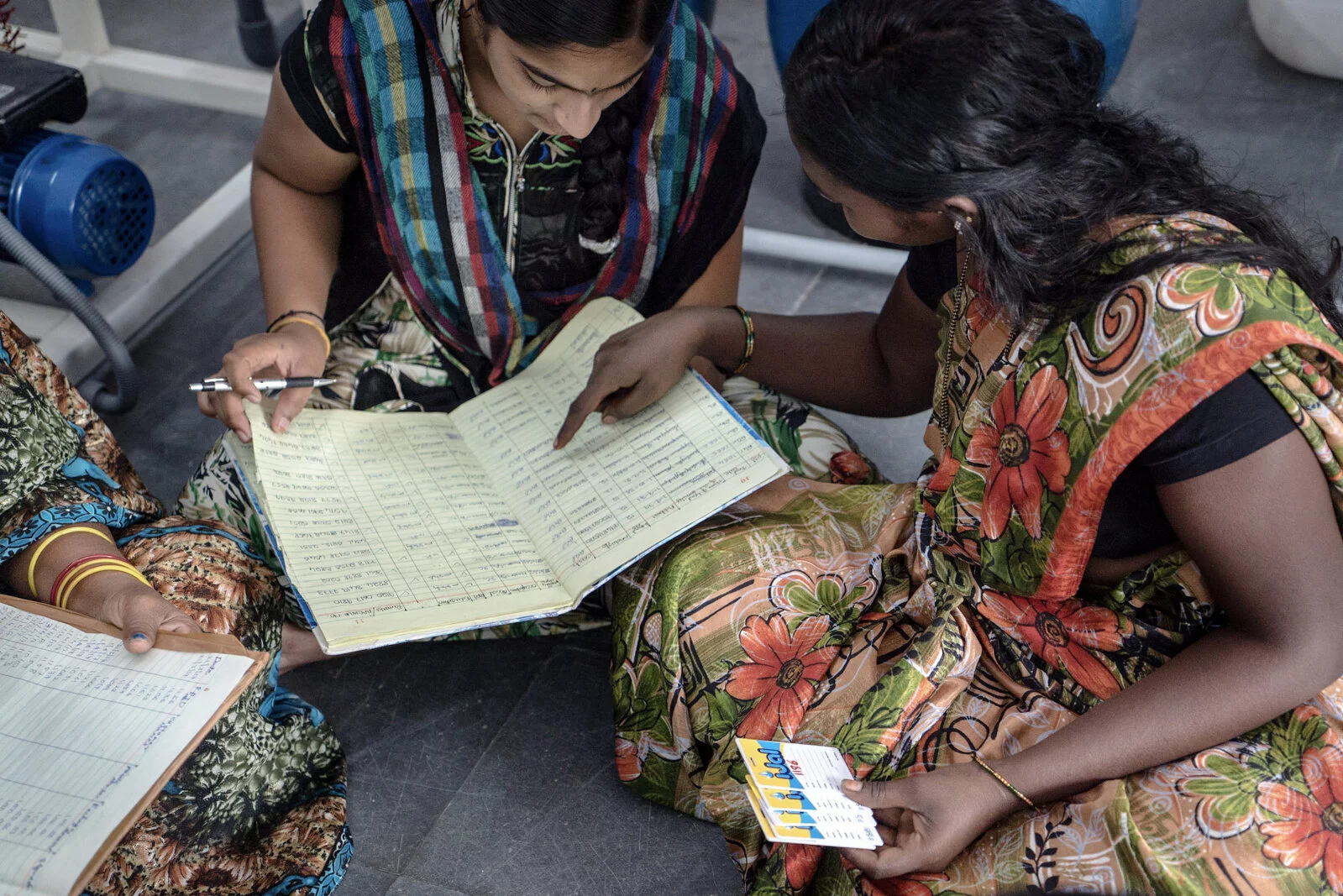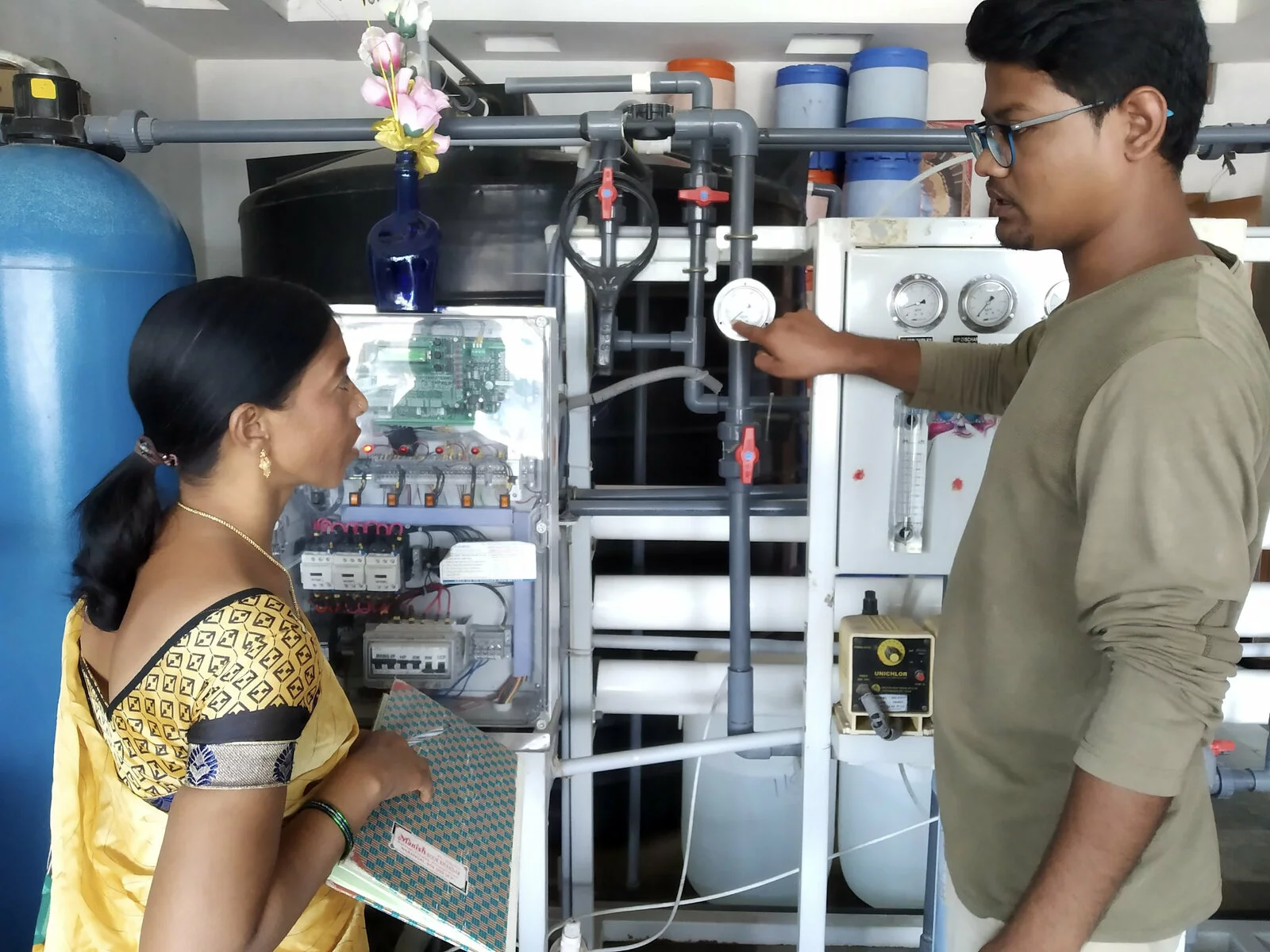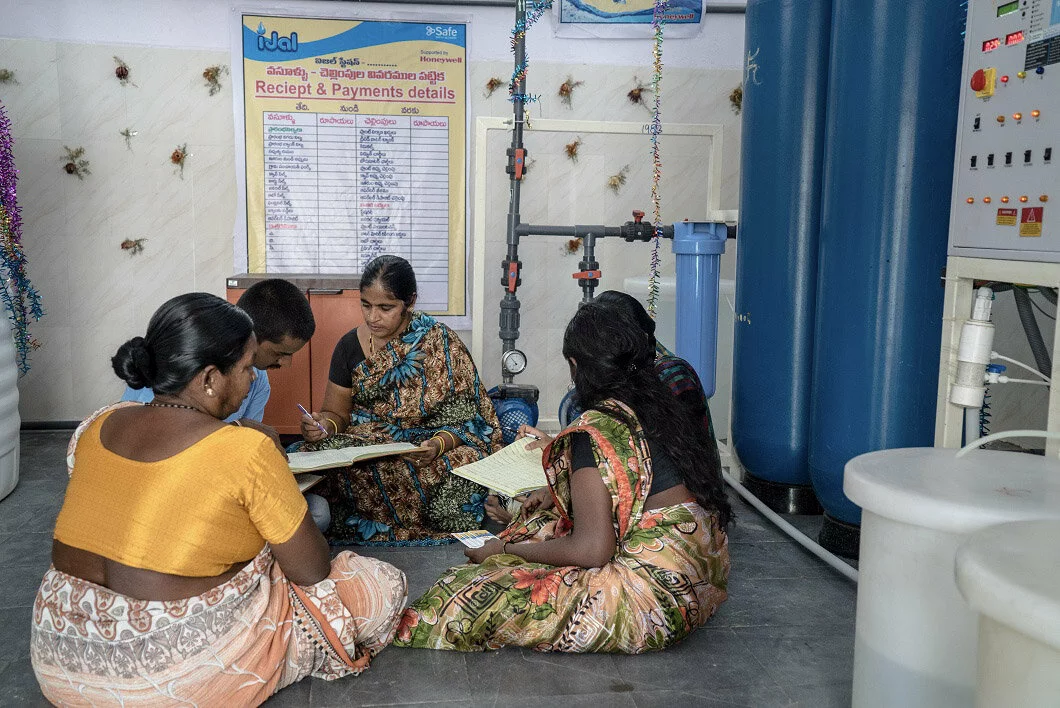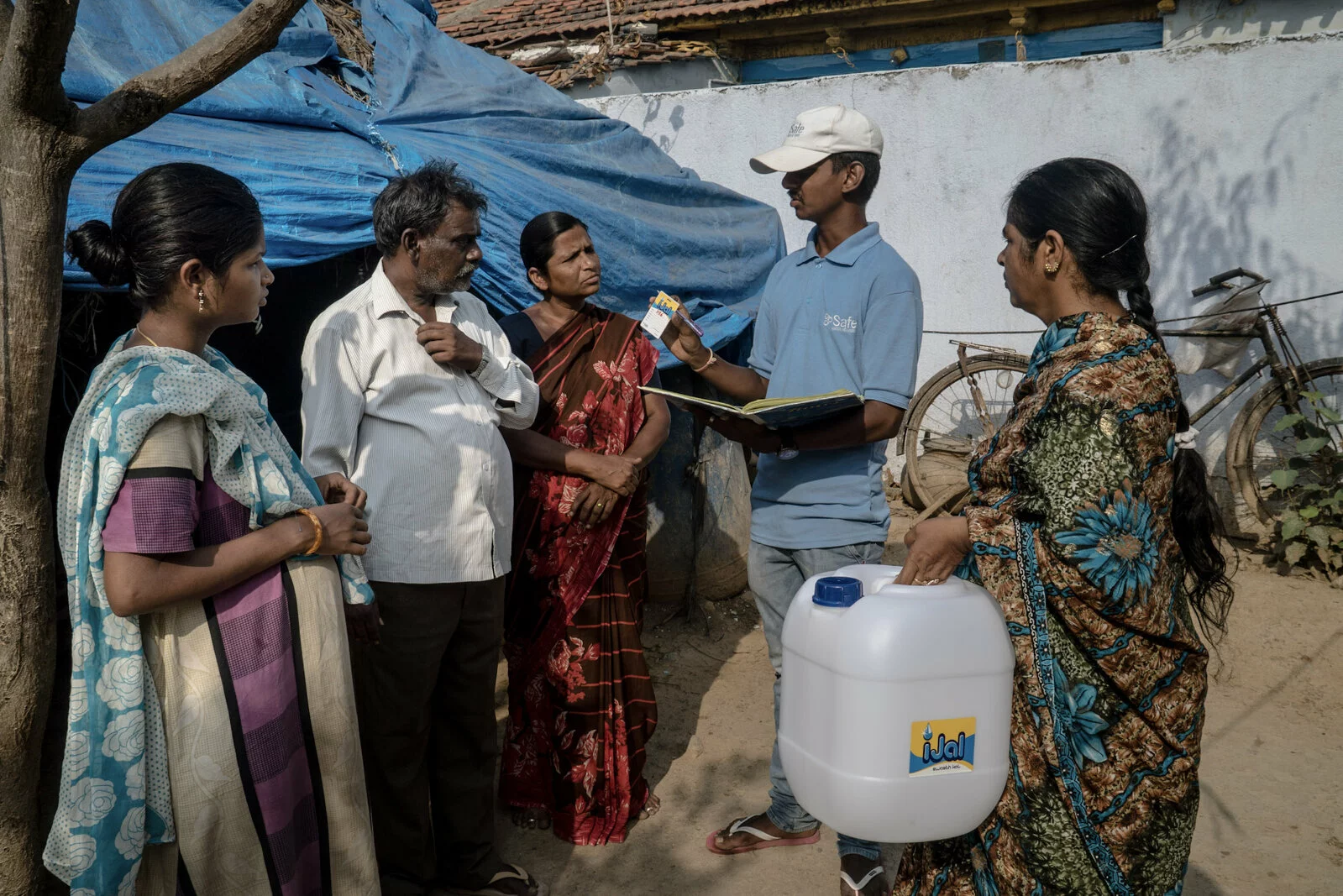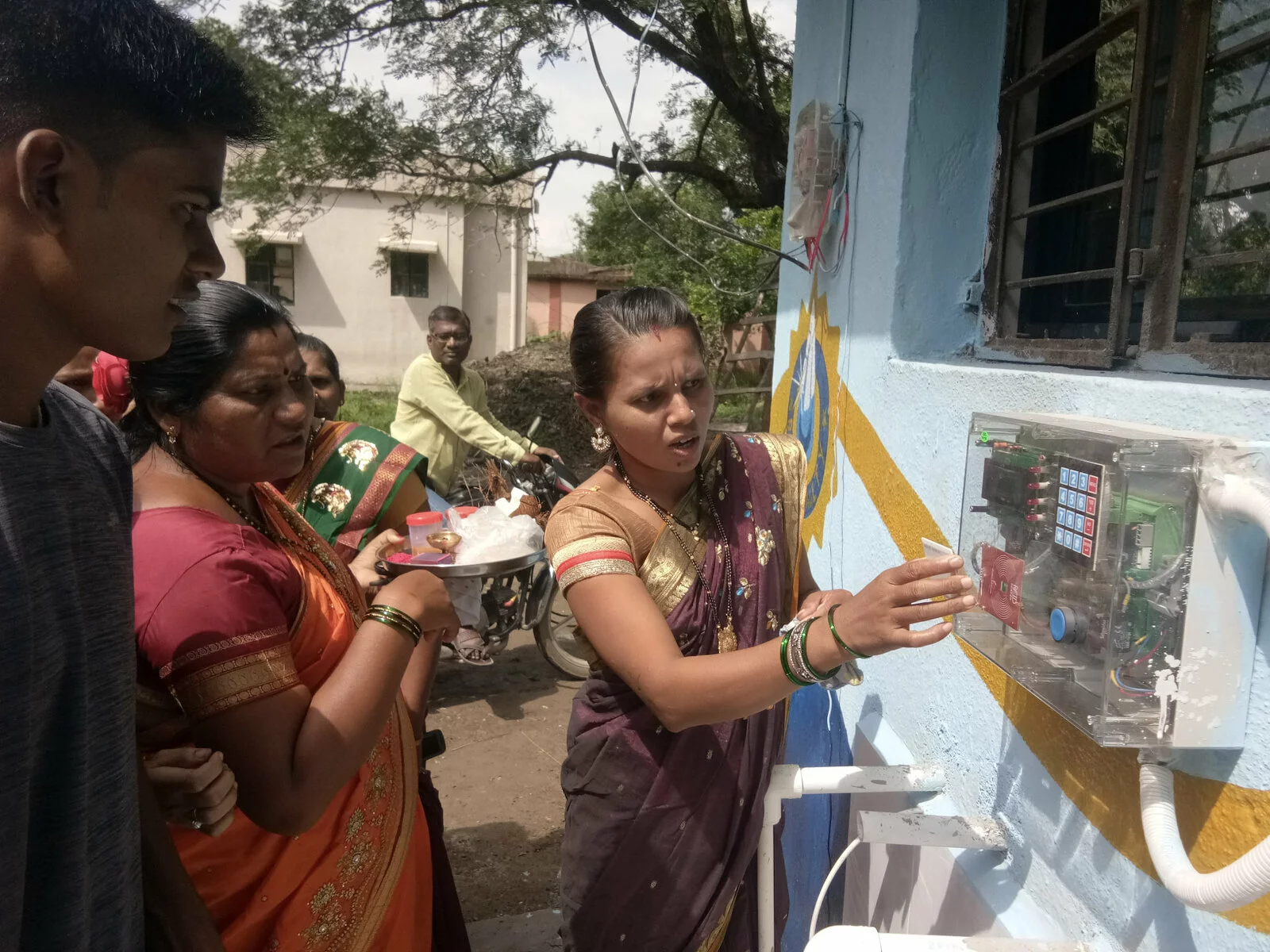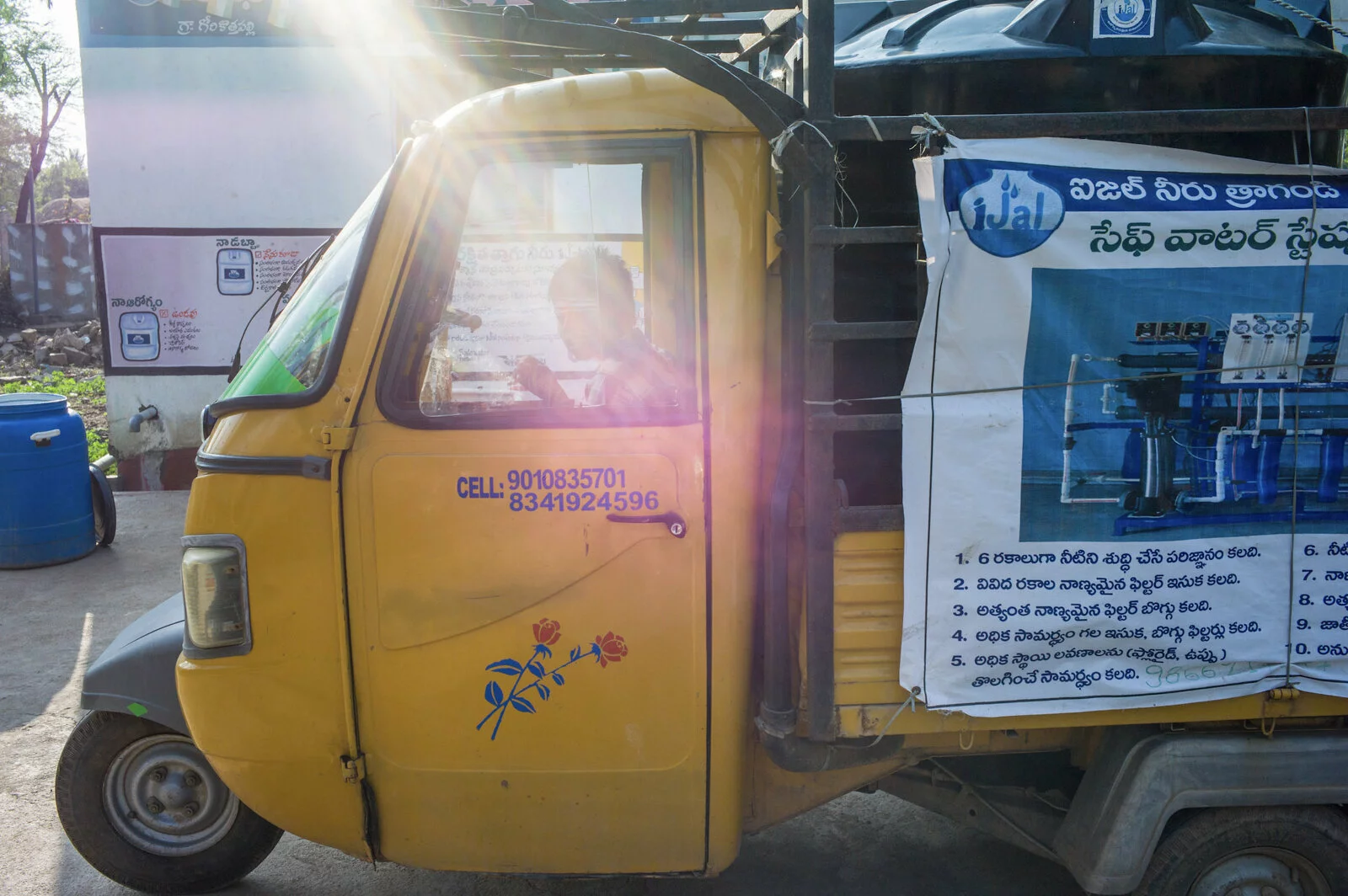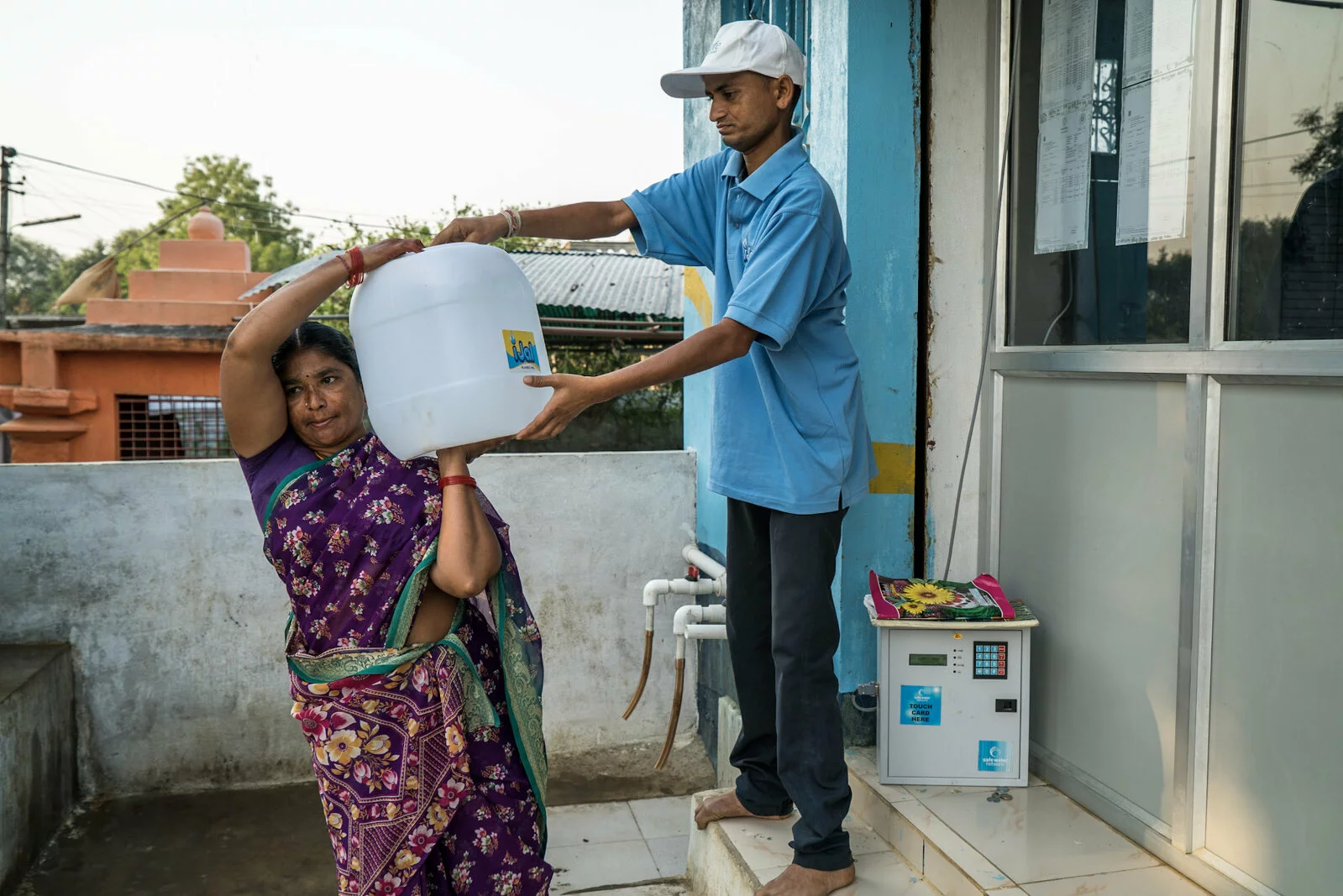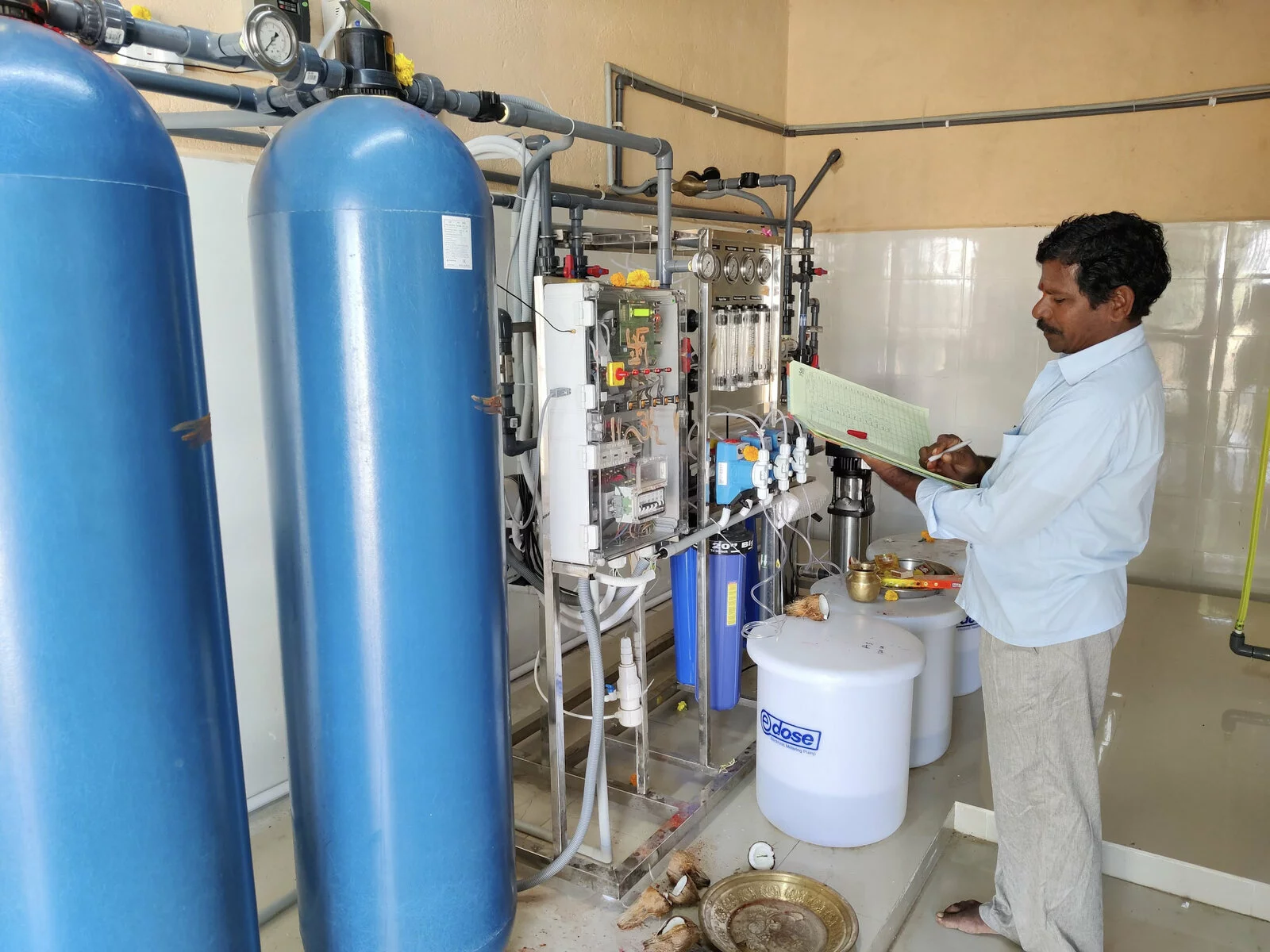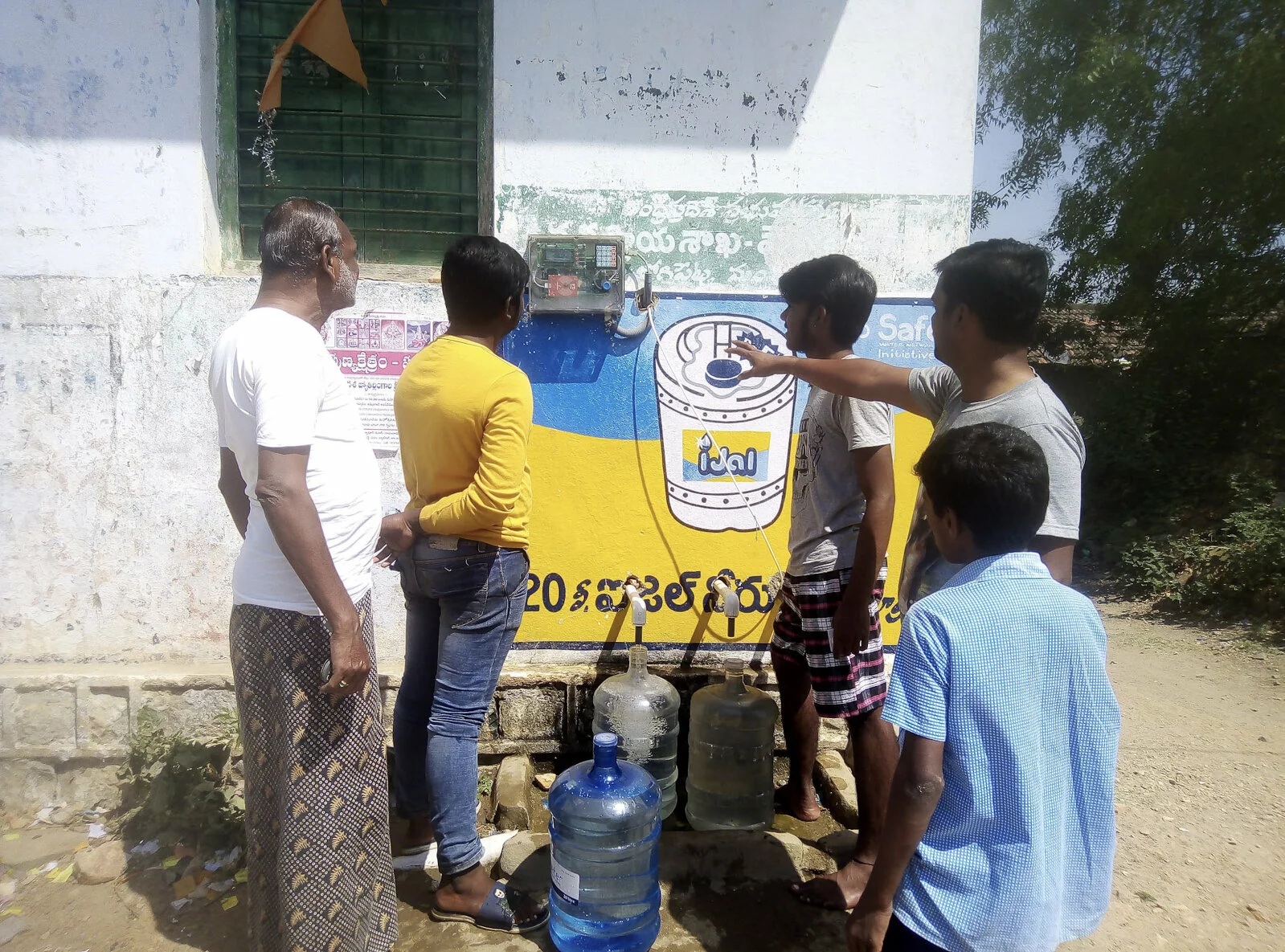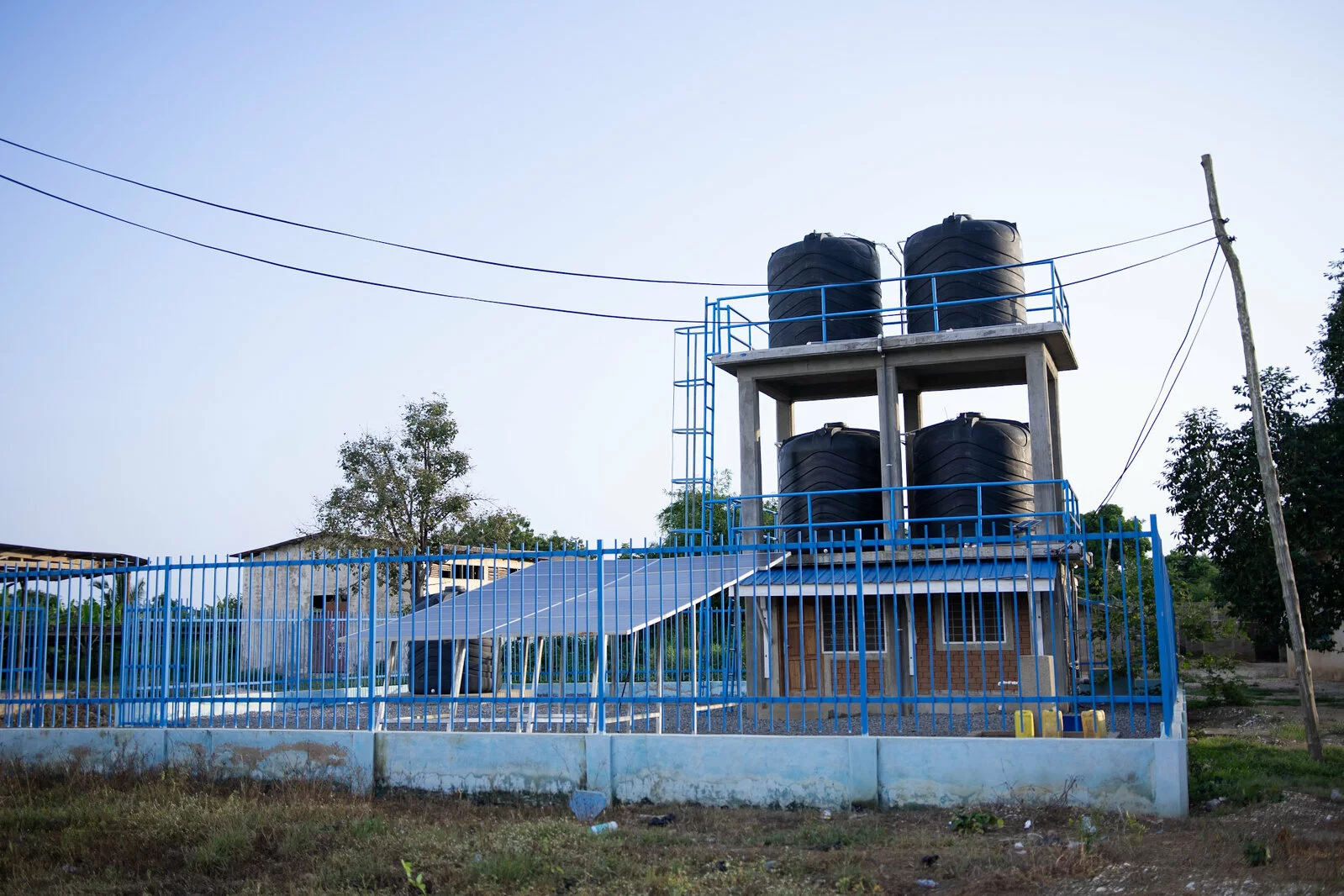Impact Assessment Report: Bhandara, India
Safe Water Network was awarded a grant to establish reverse osmosis treatment water stations that had remote monitoring systems in 10 villages in India. The main feature of the project was to engage in community mobilization and education. Safe Water Network provided training to set up iJal stations and for the local youth to operate the stations. Consumer surveys indicate that there was an increase in the awareness of the importance of safe drinking water. It also indicated that more males were collecting water, signaling a societal change in water collection responsibility.
Positive Impacts in the Project Area
Due to the project, there has been improved health and wealth in the area. Consumers are healthier as a result of consuming safe and clean water. Avoiding waterborne illnesses has also ensured that community members miss less work, improving their economic standing. Children, especially, have seen a significant decrease in waterborne illnesses such as dysentery and jaundice. Benefits to women and girls have been exponential due to a reduction in the drudgery of water collection. Women and girls have more free time to pursue educational opportunities. Health and hygiene education has also expanded throughout the region, such as proper hand-washing demonstration and recontamination-prevention demonstrations. Most importantly, the local community owns and operates the iJal Stations, which provides them with a sense of ownership and communal pride.
